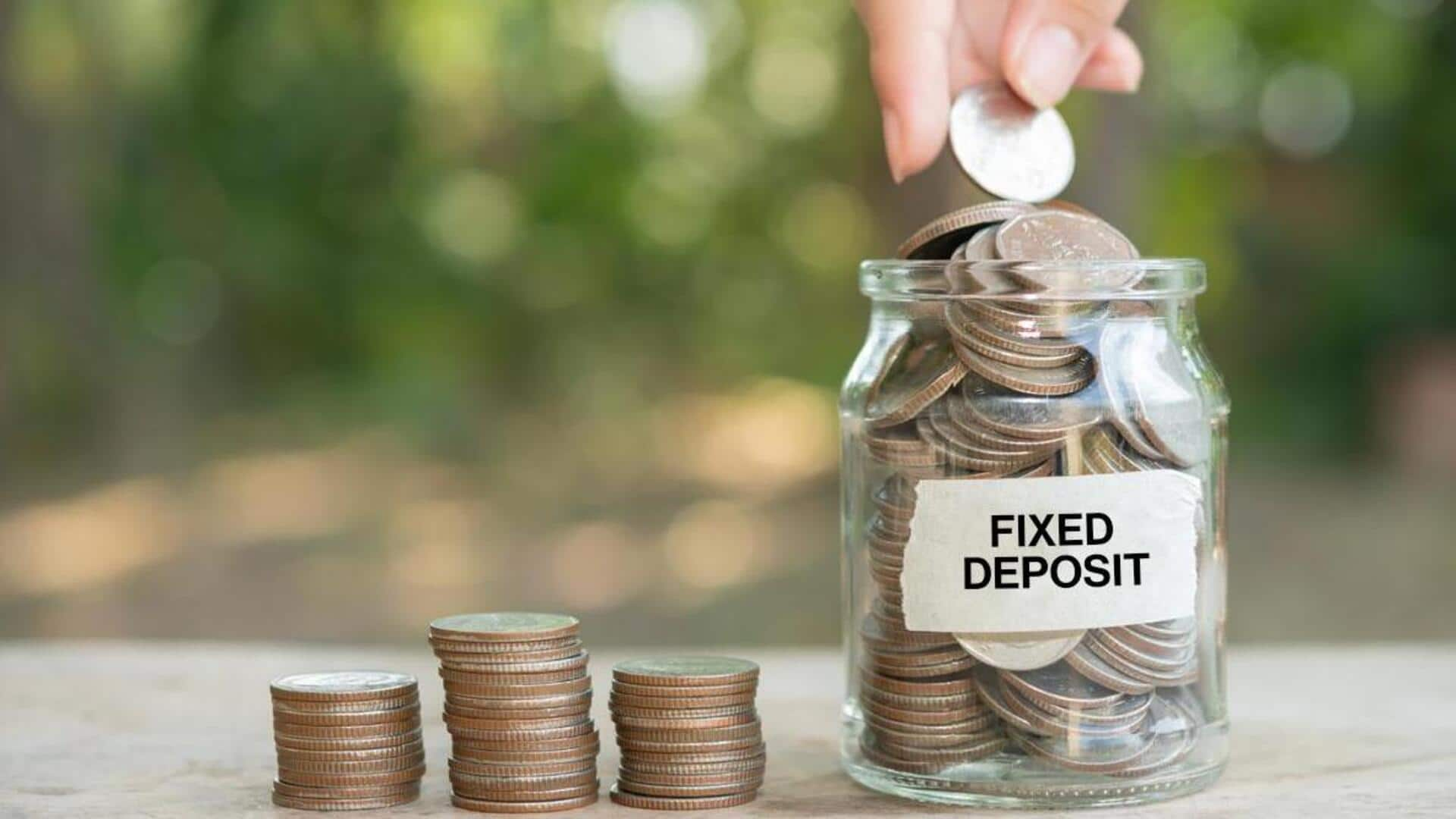
Understanding corporate fixed deposits in India
What's the story
Corporate fixed deposits (FDs) are investment instruments provided by non-banking financial companies (NBFCs) and corporate entities in India.
They often offer higher interest rates than bank FDs, making them appealing to investors seeking higher returns.
However, these FDs also carry a higher risk, so it's important for investors to do their homework before putting their money in.
Risk assessment
Evaluating the risk and return
Corporate FDs tempt investors with interest rates that are two to four percentage points higher than what banks offer.
While the prospect of higher returns is enticing, it's crucial to evaluate the risk.
The safety of a corporate FD hinges on the credit rating of the issuing company.
Ratings from agencies like CRISIL or ICRA provide a snapshot of the company's financial health, guiding investors toward informed choices.
Diversification strategy
Diversifying your investment portfolio
Putting all your money (read: savings) in one place is risky business!
Spread it out, diversify your investments across different asset classes like equity, debt, mutual funds, and corporate FDs. That's the smart way to play it safe.
Why? Because if one area takes a hit, you can balance it out with gains somewhere else. Stability is the name of the game.
Tax Deduction at Source
Understanding TDS implications
The interest earned on corporate FDs is subject to tax as per the Income Tax Act of India.
If the interest income earned from such deposits exceeds ₹5,000 in a financial year, the company will deduct tax at source (TDS) at the rate of 10%.
Hence, it's crucial for investors to comprehend these tax liabilities and strategize their investments accordingly to maximize their post-tax returns.
Investment period
Choosing tenure wisely
The tenure of your corporate FD can drastically affect your returns.
While longer tenures typically offer higher interest rates, they also carry increased risk due to uncertainties over extended periods.
Investors must thoughtfully consider their financial objectives and liquidity needs before selecting the tenure of their investment.
This thoughtful approach ensures alignment with personal financial planning and risk tolerance.
Terms and conditions
Reading fine print carefully
Before putting your money in a corporate FD, you should read the entire fine print, aka terms and conditions.
Pay special attention to terms related to penalties on premature withdrawal, loan facilities against deposits, auto-renewal of deposit, and any special conditions that may directly or indirectly impact your investment or returns.